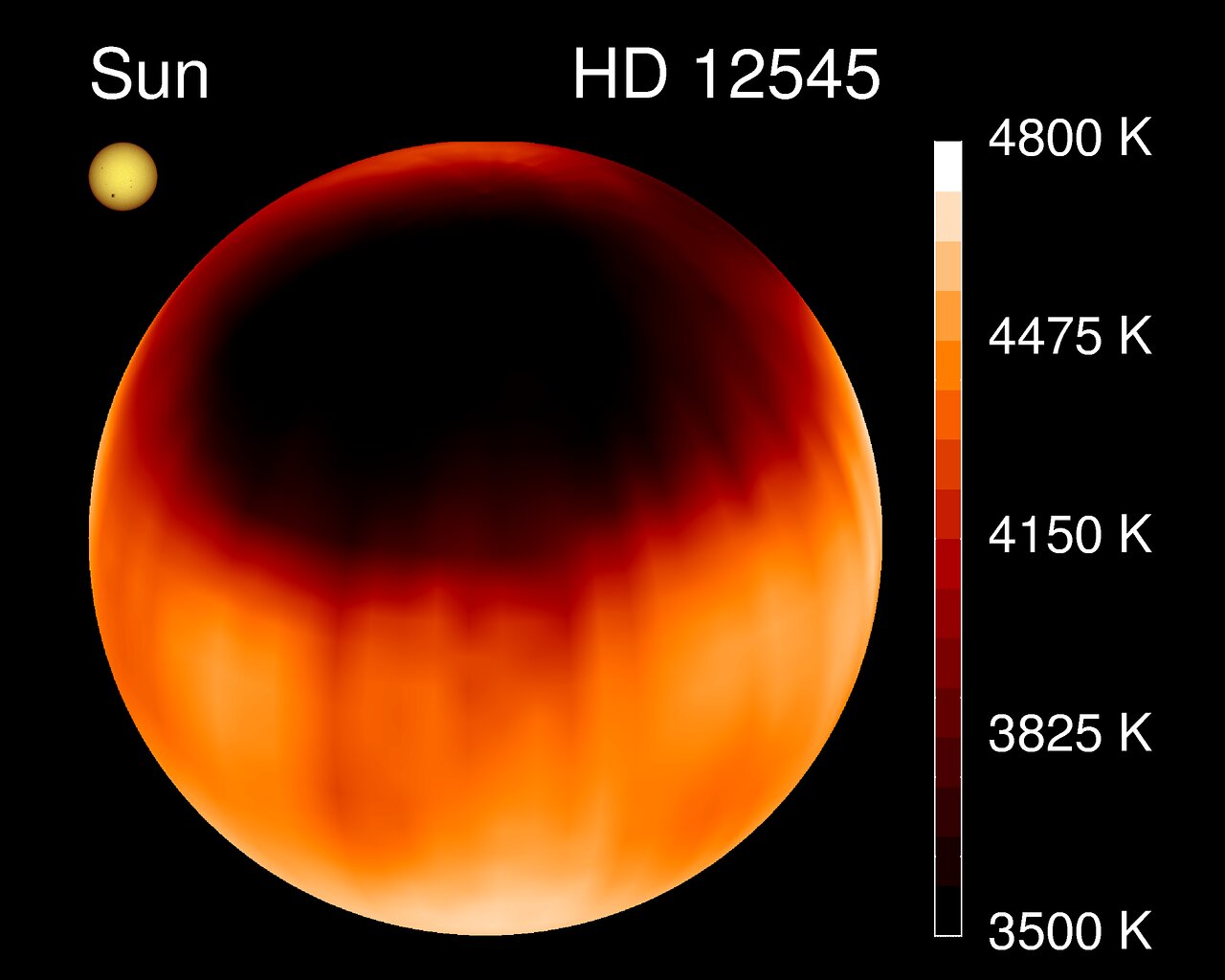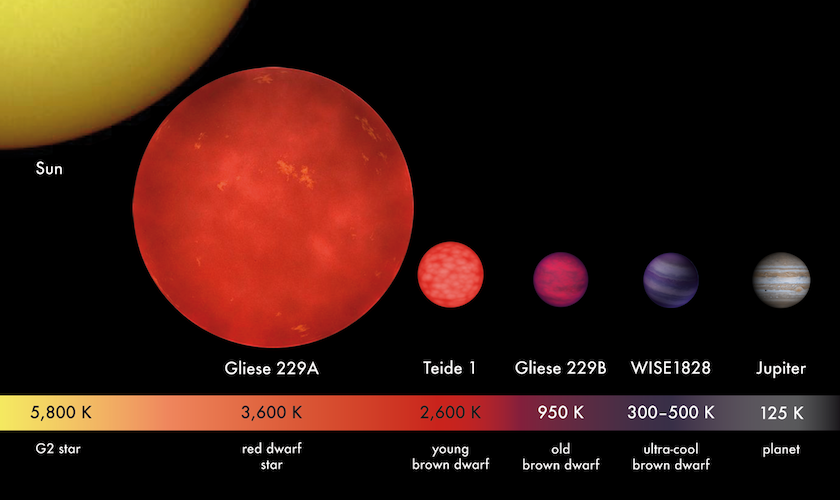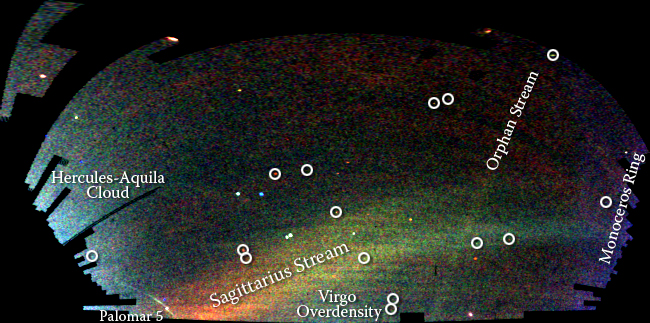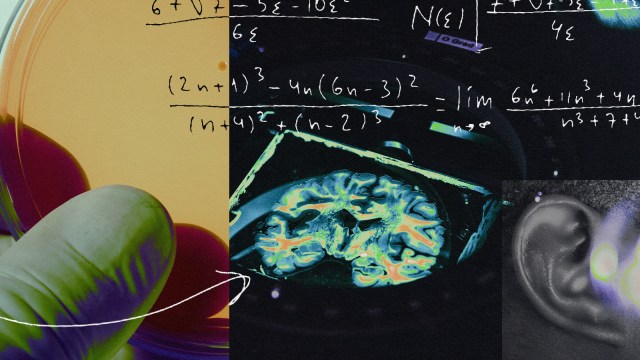Starts With A Bang podcast #101 – Quantum Computing
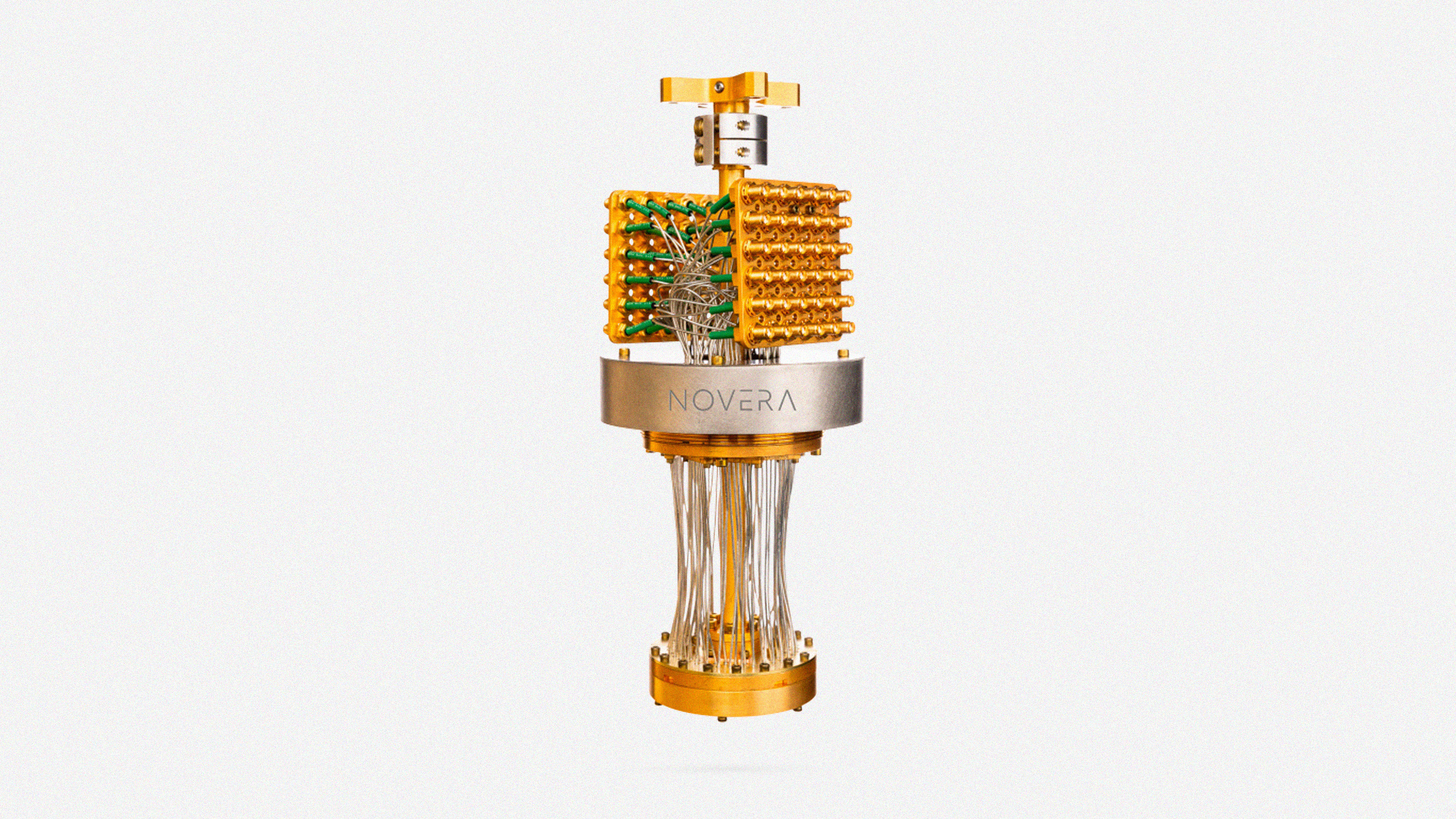
- Whereas normal “classical” computers encode information with bits, where at a fundamental level, binary states of “0” and “1” govern how calculations are possible, quantum computers are different.
- They also allow for “mixed” states, where things aren’t just either “0” or “1” but can be a simultaneous superposition of the two, which allows for not only new states, but new operators as well.
- A lot of people mistakenly think that this means quantum computers will someday replace classical computers, but this is very far from the truth. Cut through the quantum computing hype and find out what’s really true!
Happy new year, everyone, and with a new year comes a spectacular new podcast! We normally cover an intricate and underappreciated aspect of astrophysics on the podcast, but I had the opportunity to bring on a true expert in the field of quantum computing and just couldn’t pass it up.
You’ve likely heard a lot of noise about quantum computers and the benefits that they’re poised to bring, with buzzwords like “P=NP,” “quantum supremacy,” and “quantum advantage” tossed around, but a lot of what you’re likely to hear is hype, not actual science. Good thing I was able to get Dr. Riccardo Manenti as a guest for our podcast!
Riccardo is the author of a state-of-the-art textbook on quantum computers, has his PhD from Oxford in Quantum Computing, and has been working for Quantum Computing startup Rigetti for several years now. Join us as he helps demystify some of the recent progress and problems right here on the cutting edge of this promising new arena of physics, right here on the Starts With A Bang podcast!

